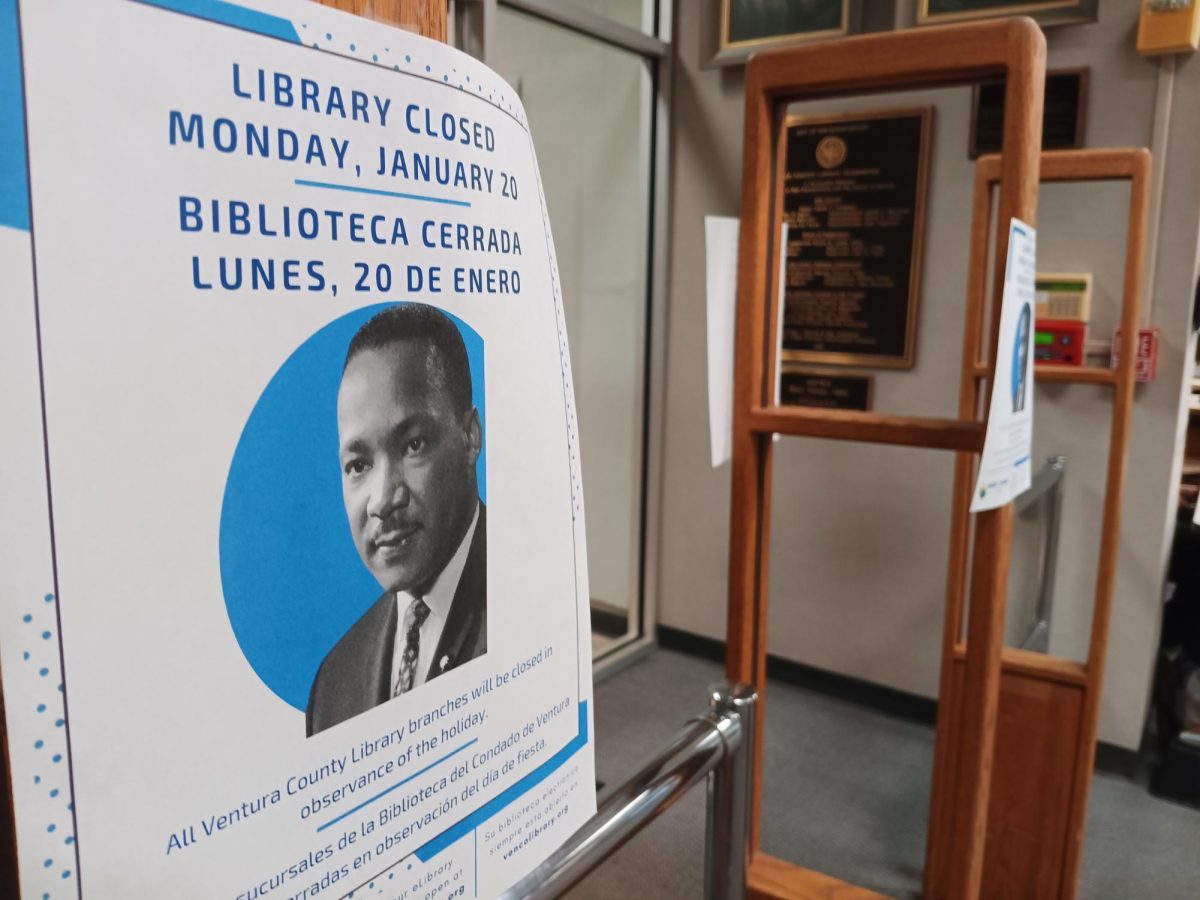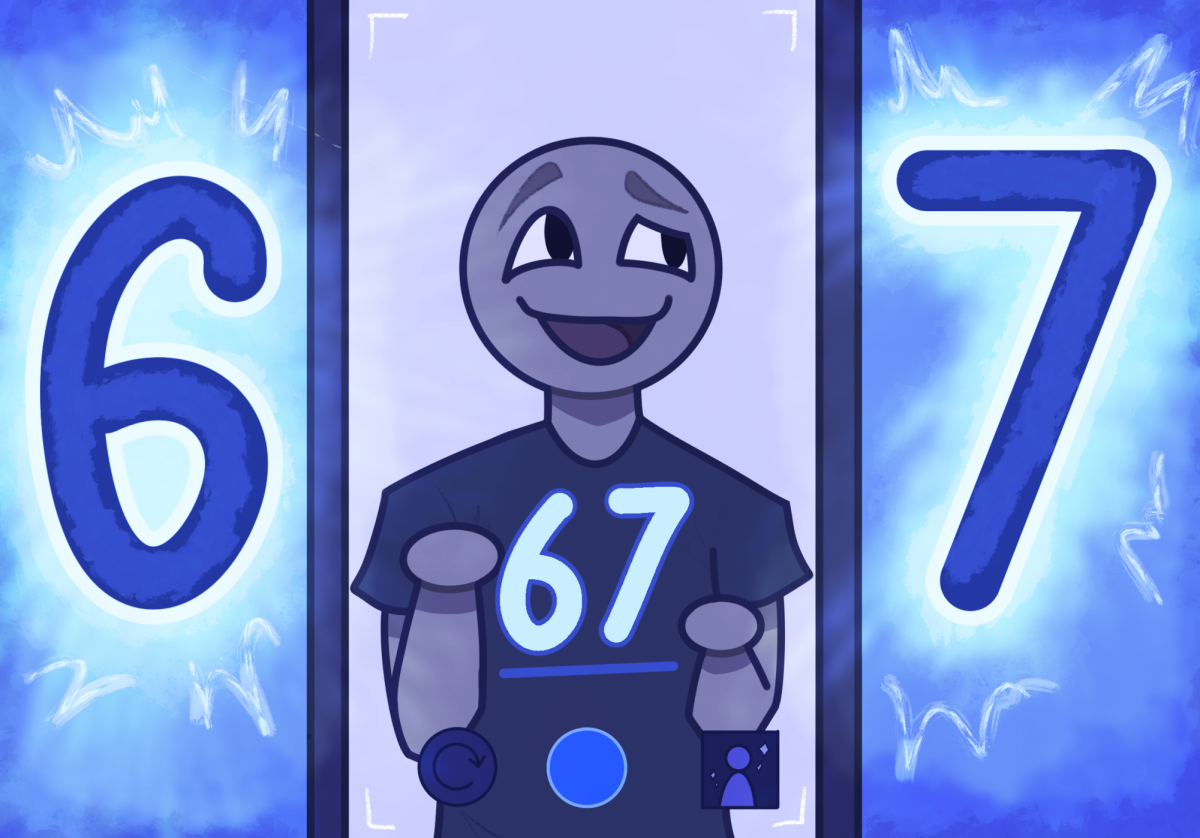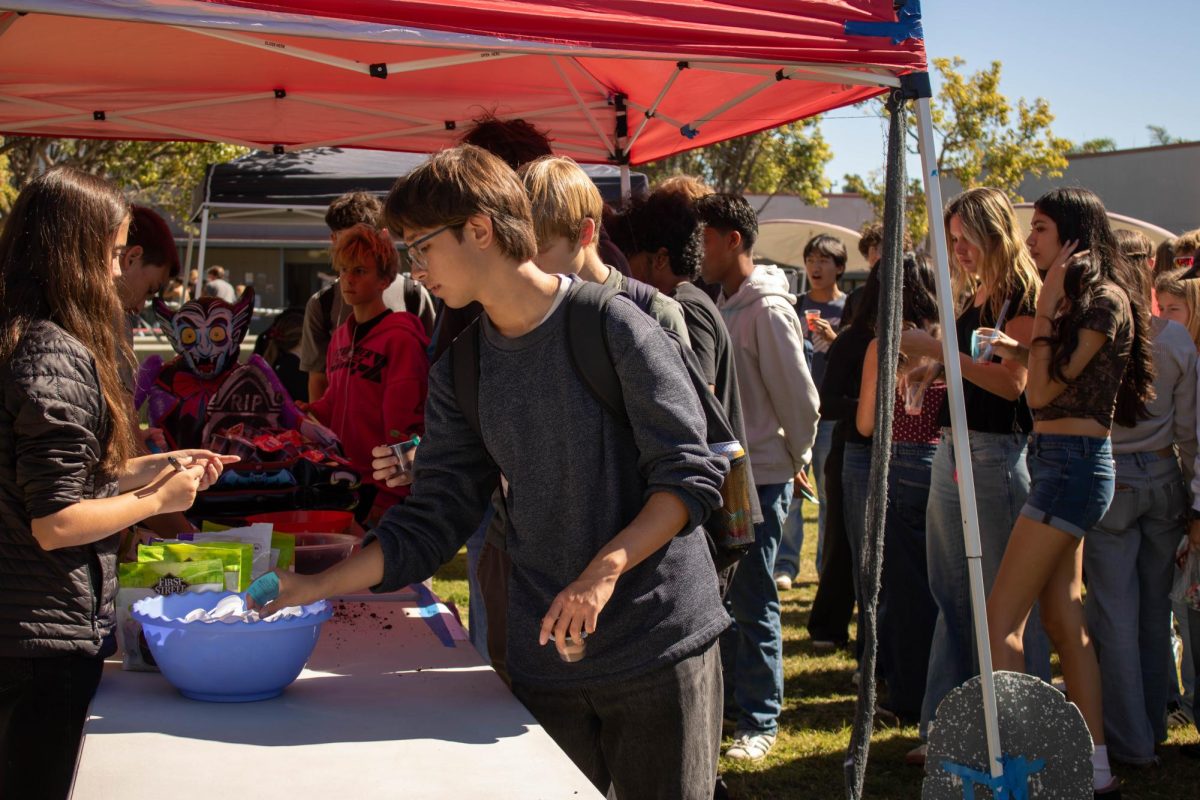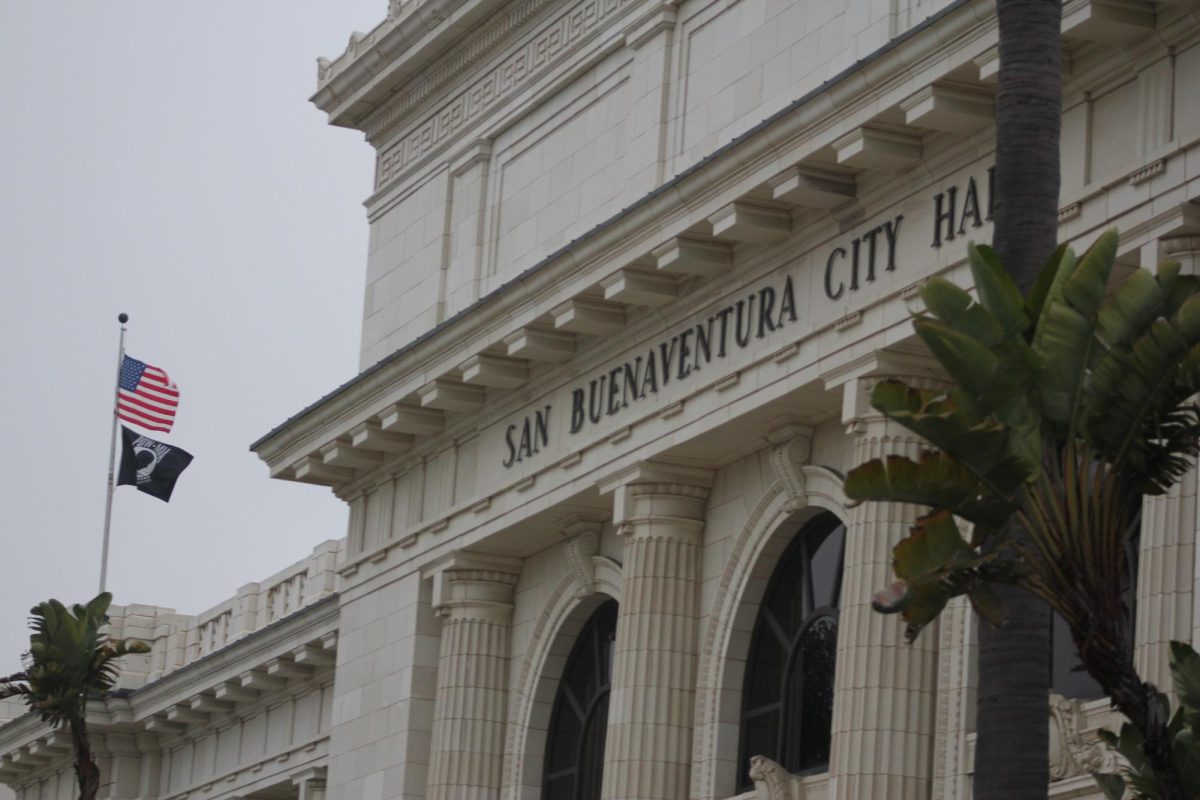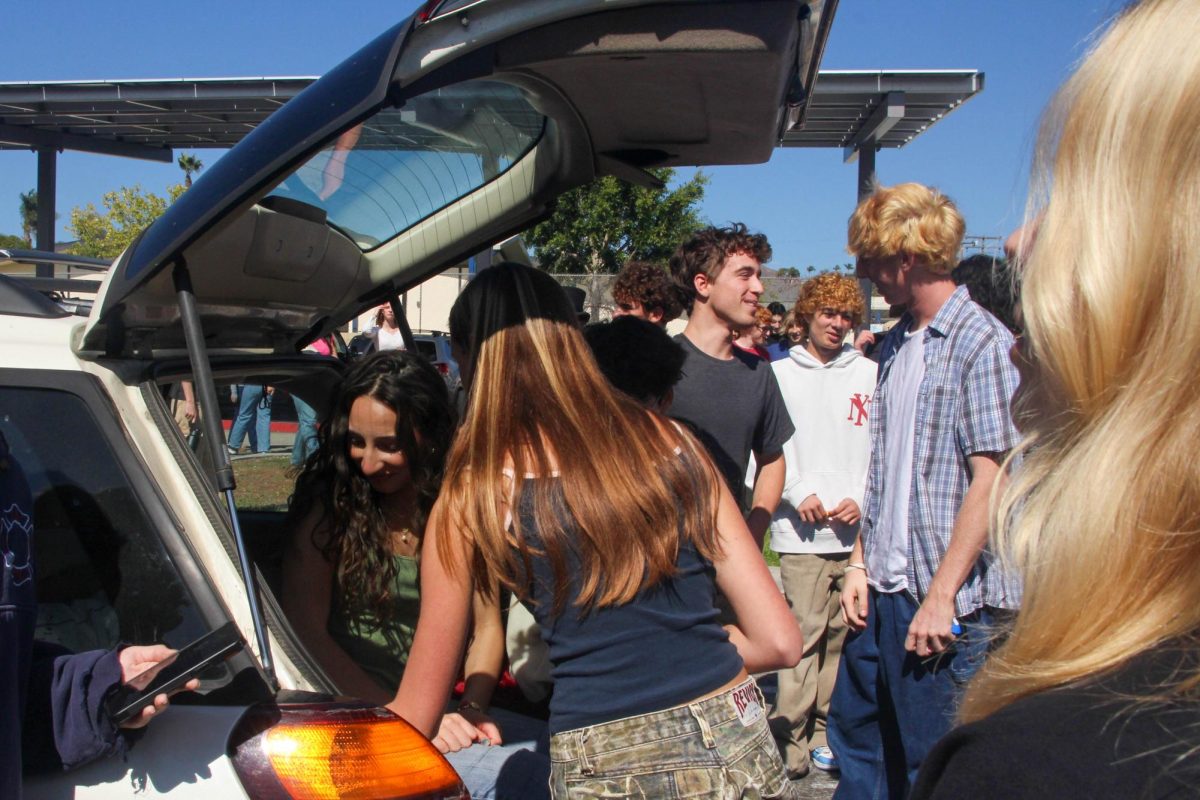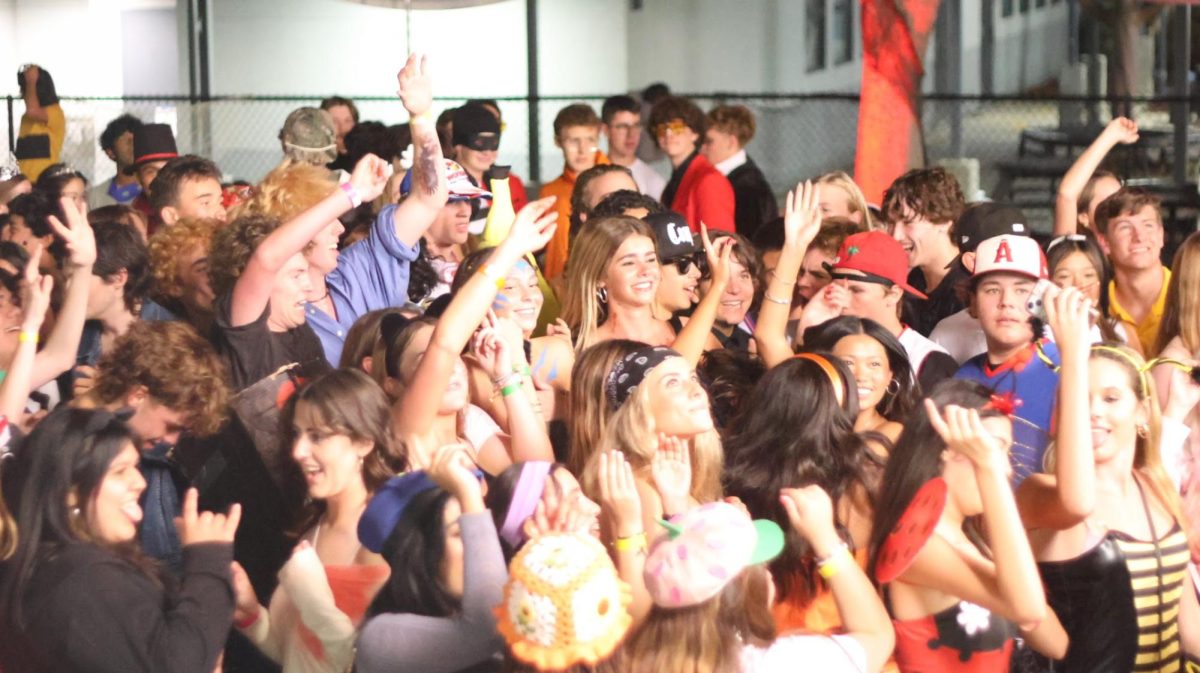Martin Luther King Day has been celebrated for over forty years in the U.S. The holiday highlights the legacy and life of Martin Luther King Jr., a prevalent figure in the Civil Rights Movement of the 1960s. The day is a significant reminder of his ambition for peace and equality in America, aligning with the promises and rights given to every citizen in the Constitution.
King was born to Alberta King and Michael King Sr. in Atlanta, Georgia on Jan. 15, 1929. His father and grandfather were both pastors at Ebenezer Baptist Church, and he eventually followed in their footsteps and donned the role of pastor before his tragic assassination in 1968.
In the winter of 1955, King started to emerge as an important spokesperson for the growing civil rights movement in the American South. His captivating oration was gained from experience as a pastor with his passionate and impactful speeches stirring action and changing minds in the late 1950s to early 1960s. By 1957, he, “was elected president of the Southern Christian Leadership Conference (SCLC), an organization designed to provide new leadership for the [then] burgeoning civil rights movement.” (The King Center)
King demanded that the bitter resentment of people of color in America, along with the deliberate segregation of the races, cease and for the country to unite as one. He traveled across the country delivering speeches on equality and justice for all, along with insistence on peaceful protest and nonviolent revolt. King believed in staying on a, “high plane of dignity”and not stooping down to the level of your enemies.
King was an, “activist for people to have rights” Liset Quezada ‘27 said. He, “made everyone more aware of the problems going on” in America at the time she said, explaining that he “loved all people, […] treated everyone with respect.”
Mia Farag ‘25, the president of the Inclusivity Club at Foothill Technology High School (Foothill Tech), believes King was a, “leader that we can all look at and learn from.” She believes his high standard of peaceful and ethical protest was very admirable. “Not being [extremist] when trying to make change and approaching it ethically and peacefully” is an important lesson that can be applied to today’s society.
Through the efforts of Martin Luther King Jr. and his peers, African Americans have gained many freedoms since the 1960s. Quite significantly, the Jim Crow laws of the mid-20th century are no longer in place. Meant to segregate and create factions between people of color versus white individuals, Jim Crow laws were eventually ruled unconstitutional under Brown v. Board of Education in 1954, almost 90 years after they were instated. Despite these changes in the Civil Rights Movement, racism and inequality are still relevant issues in today’s world.
Recent events of police brutality showcase the turmoil that still exists in America today. Incidents such as the 2020 George Floyd homicide, one of hundreds of other instances across the country, show that racism is still a destructive force in the year 2025.
Farag says that, “for some people [his] dream has come true, […] we’ve lived up to what he wanted for America, […] but in other areas you couldn’t say the same.” Our country has surely improved since King’s time, but there are still a lot of problems that need to be fixed. “There’s still a lot of racism and discrimination going on in our world,” Quezada said.
The amount of positive impact King had on America in the short span of 13 years is truly amazing. “Today he acts as a symbol,” Khayleb Ramos ‘26 said. A symbol of peace and justice for the ongoing fight for true equality. As a reminder of the great country we live in and its potential if we unite and stand as one.
King’s values of peaceful protest, justice and equality still remain relevant today. His discipline in treating others as they should be treated and not resorting to violence has cemented him into history by showing the world that radical change is possible. King fought for the idea that society doesn’t have to destroy populations and ravage cities to achieve a better future. Instead, use the power of words and a passionate populous to bring about change.
Martin Luther King Day has been celebrated for over forty years in the U.S., but his impacts and ideas will be remembered for decades to come.


